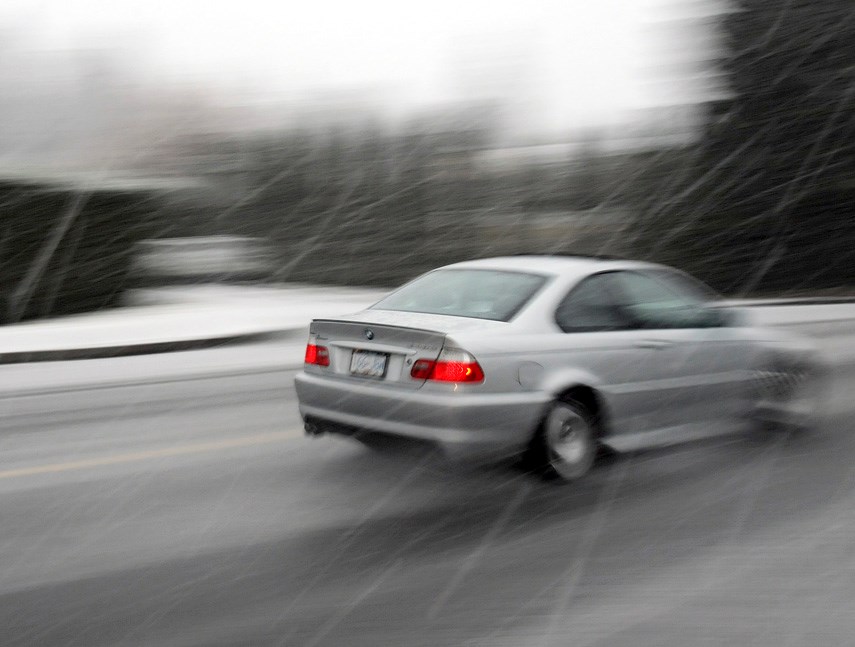Re: Poll: Most North Shore Readers Would Put the Brakes on Mandatory Winter Tires
Dear Editor:
When I came to Vancouver in the 1970s, I was quite surprised that most people I met declared proudly they did not feel the need to spend money on winter tires. There was a sense of pride in that statement, like: “Real men don’t fear a little bit of snow. Back East we had six feet of snow, but here....”
But in those days, the cars were different – big, heavy, tank-like machines with eight-cylinder engines. The rear-wheel drive made them hard to handle in the snow, people were fish-tailing and tires were spinning, but there always seemed to be one or two people around who were willing to push a car out of the snowbank. People understood that municipalities had problems clearing the roads quickly; it just was part of winter.
But this is not the 1970s anymore. There are more cars on the road, we are more rushed, more stressed, impatient and less forgiving. Motorists without winter tires are spinning their wheels to get up even the slightest grade, creating a real road hazard and contributing to a long, frustrating drive home for other drivers.
The reality of driving safely during winter days is having winter tires on your car. Or take a taxi or Uber.
Hans Opelka
North Vancouver
Dear Editor:
I am strongly in favour of winter tires for all Metro drivers during winter months. The cost is minimal, given that you are not using up your summer tire wear-and-tear twice as quickly. They will obviously last longer. Wear out your summer tires quickly or spread the wear out twice as long with winter tires, and be road safer all-season.
Many (most?) people do not consider that winter tires are not necessarily only for snowy and icy conditions. All-season tires are a “compromise” at best. Think of “one-size-fits-all clothing.”
Summer tire rubber compounds are designed for maximum grip and handling in summer conditions. Come winter, with lower temperatures, these high grip compounds become ever harder and stiffer. Imagine how comfortable you would be driving your car, steering and braking, if you knew you were now driving on Teflon-coated tires? That is effectively what summer tires approach when the temperature drops.
Are you OK with compromising your all-season driving safety – not the best in summer, not the best in winter? Is this good enough for you and your family? Possibly, ICBC should fine vehicles involved in accidents during the winter without proper tires for the season, more responsible for not stopping in time, sliding, etc.
Just a thought. As a retired engineer, I have no agenda to sell tires. Just a concern to inform people.
Clive Mark
West Vancouver
What are your thoughts? Send us a letter via email by clicking here or post a comment below.




